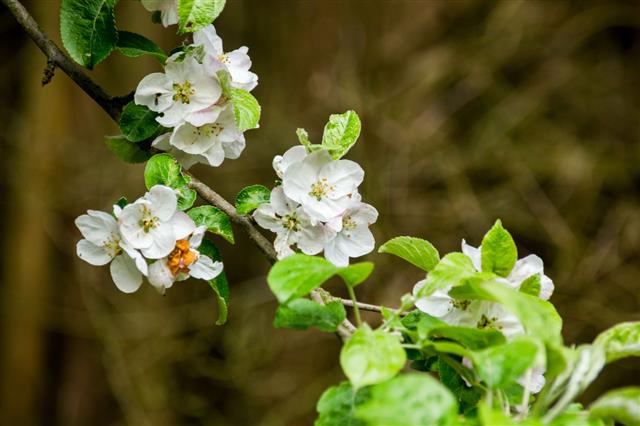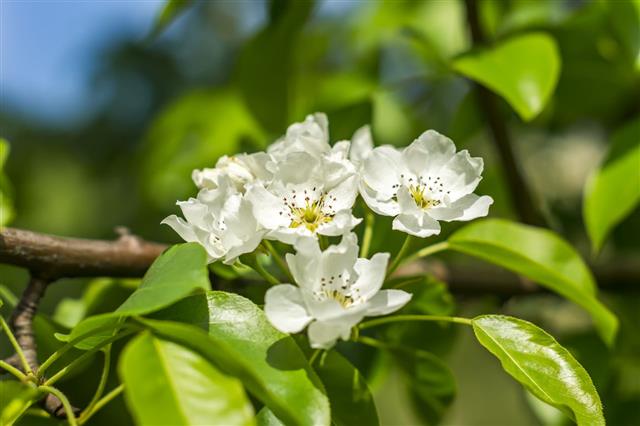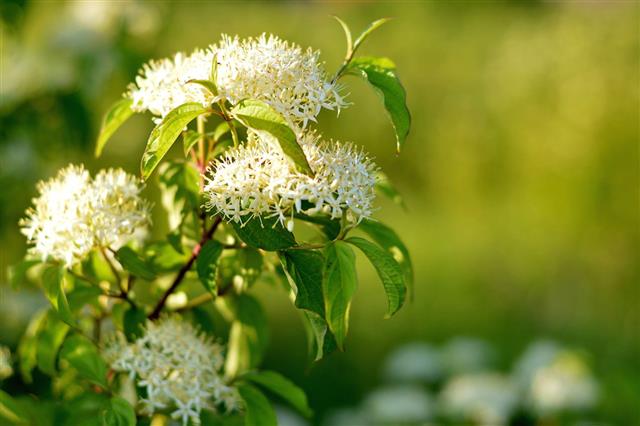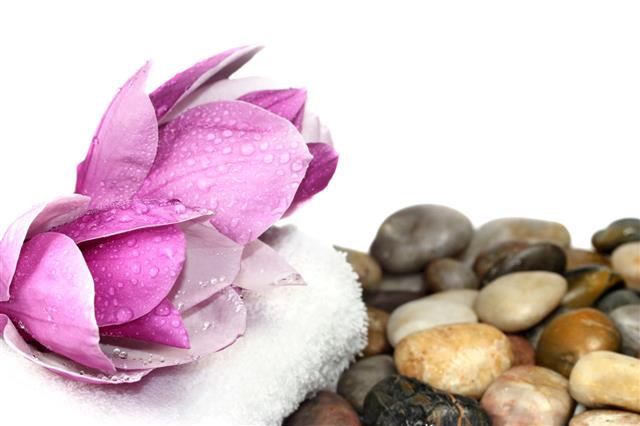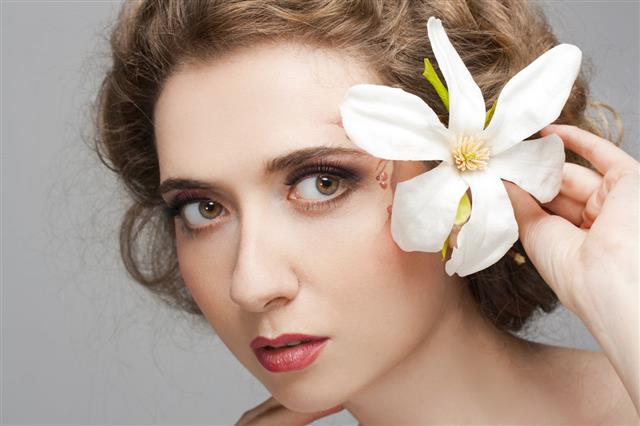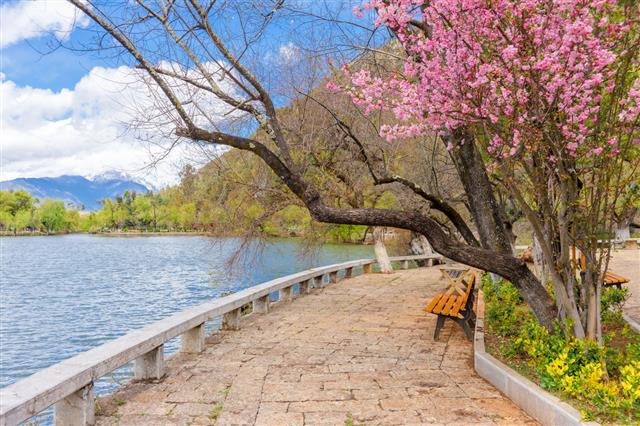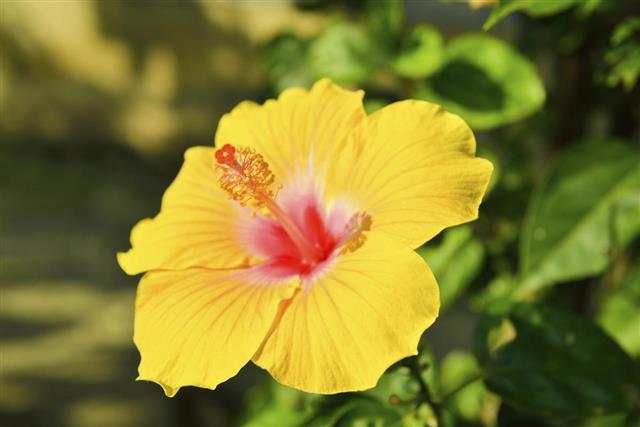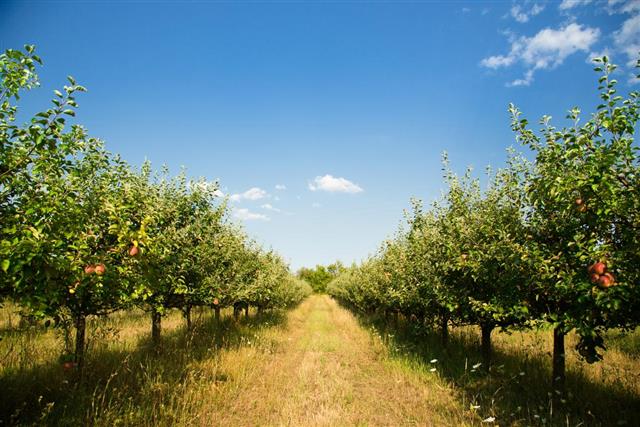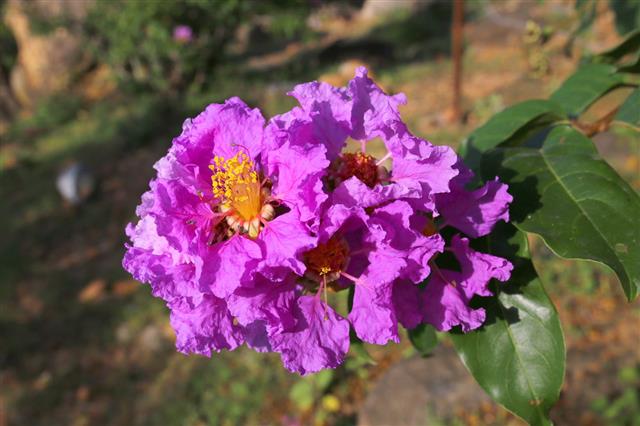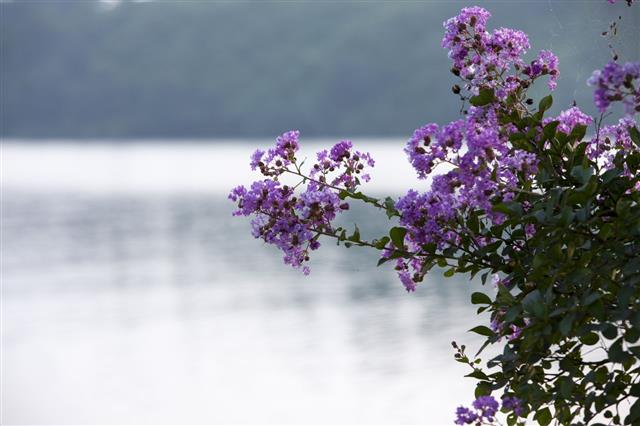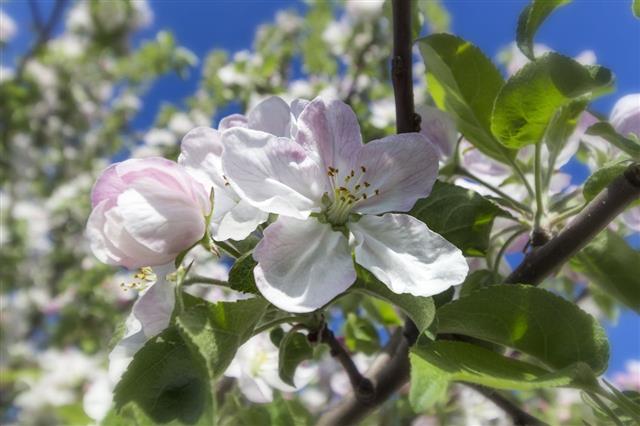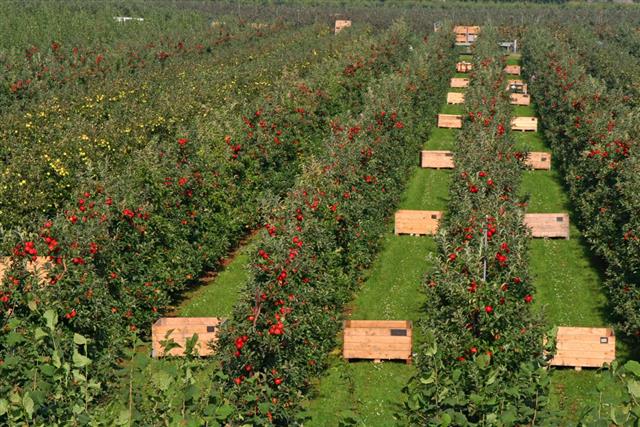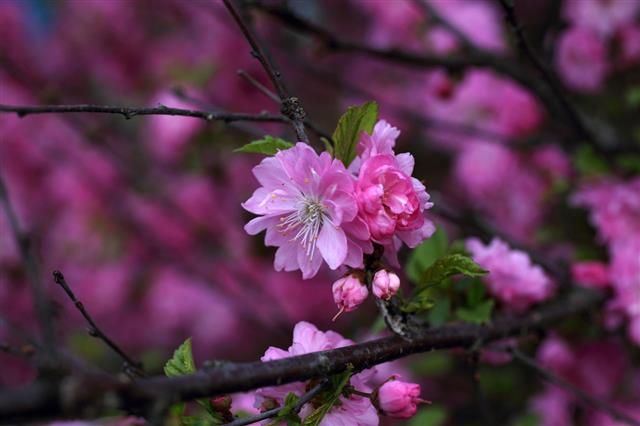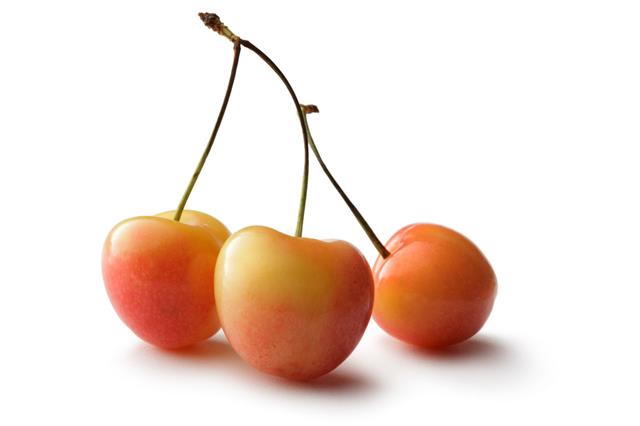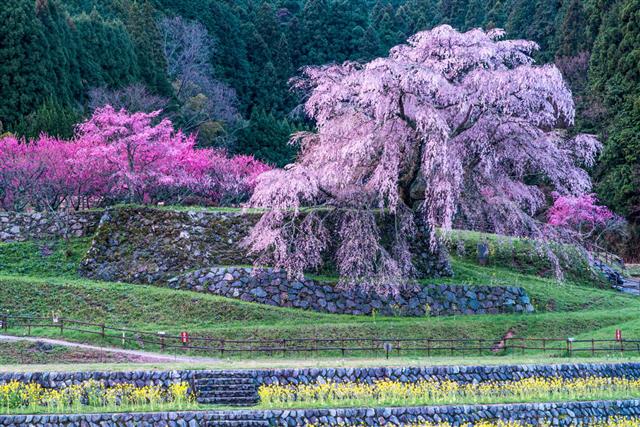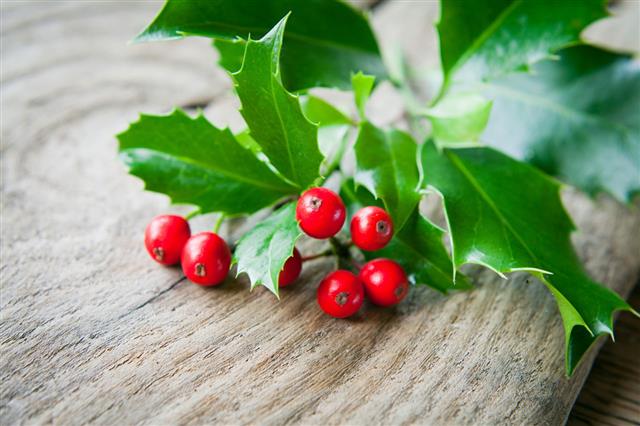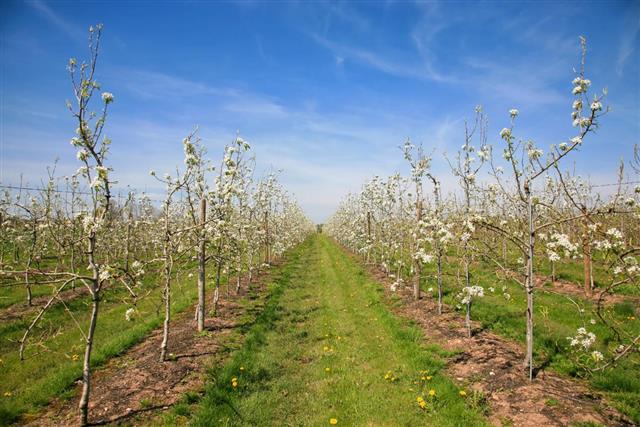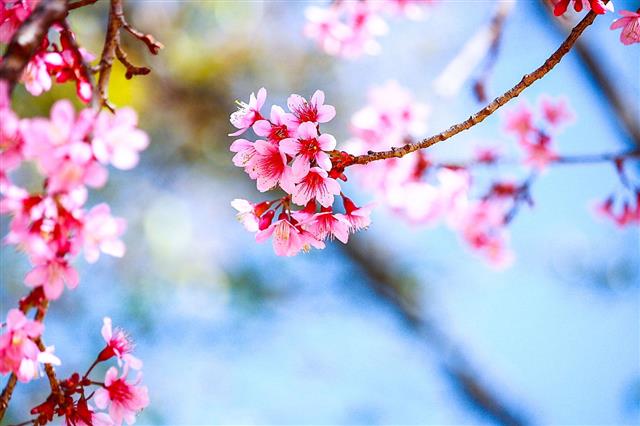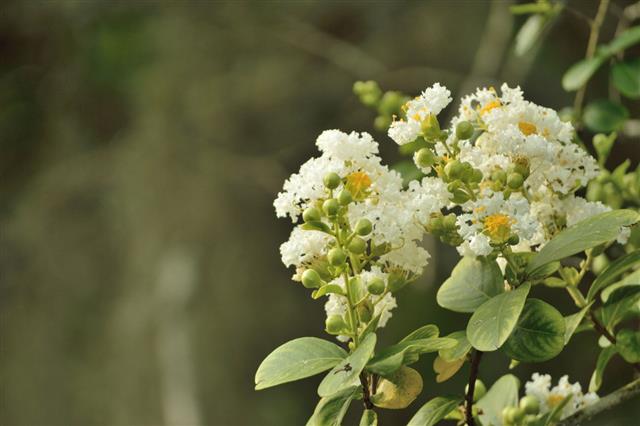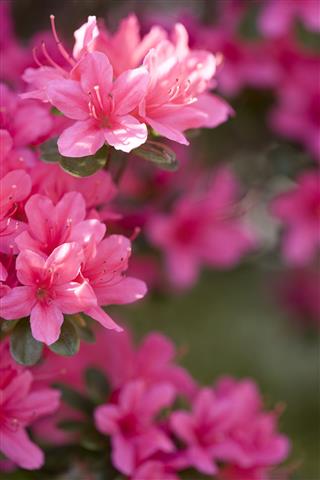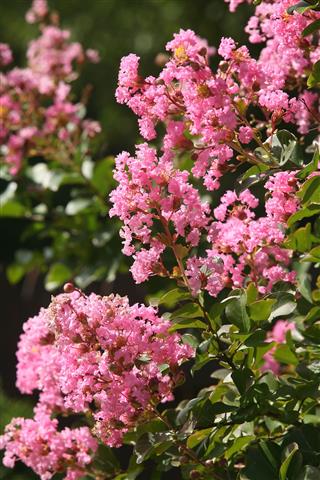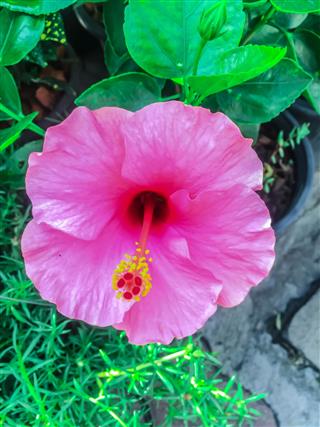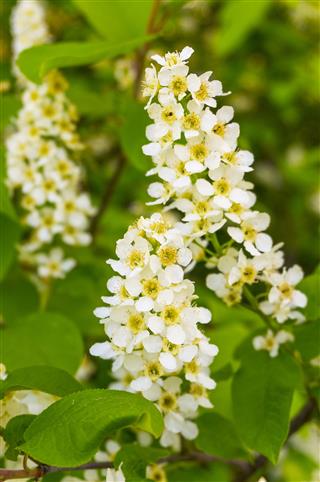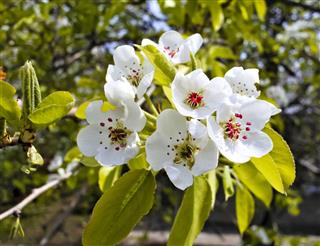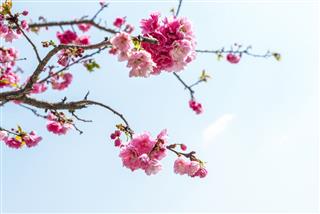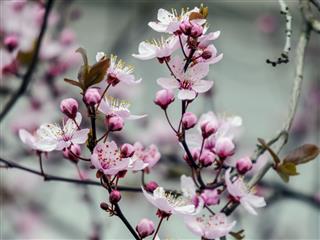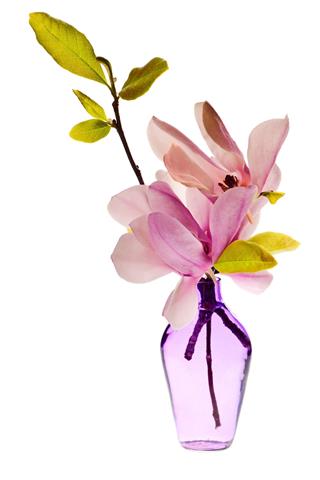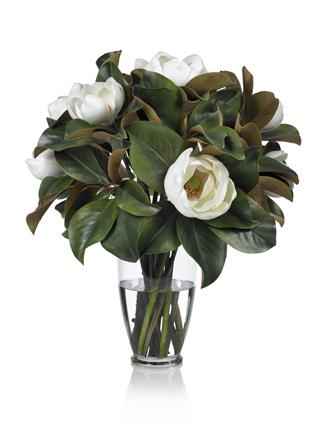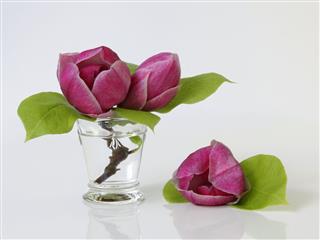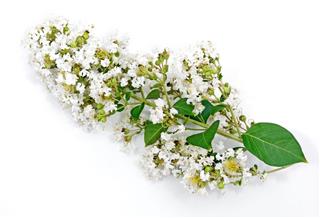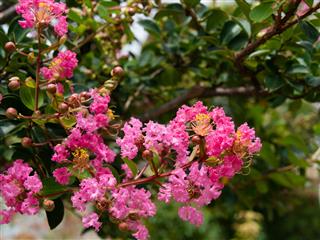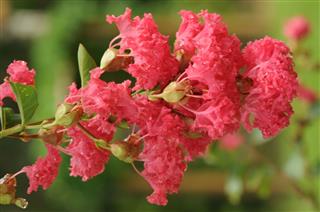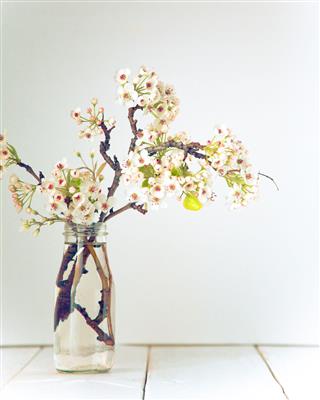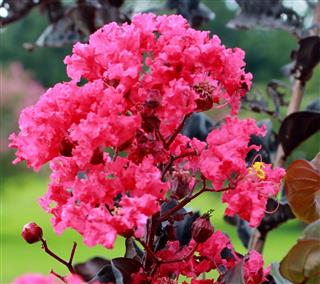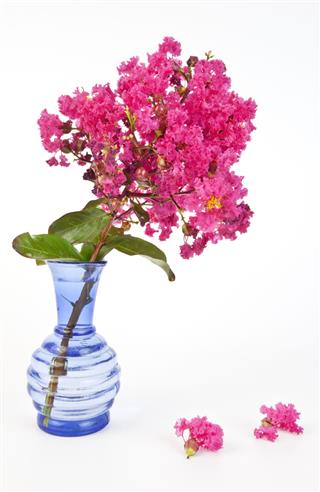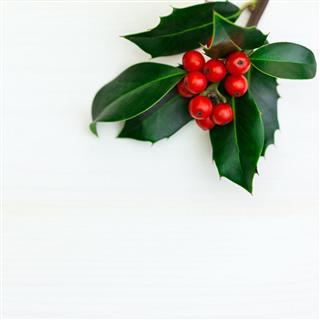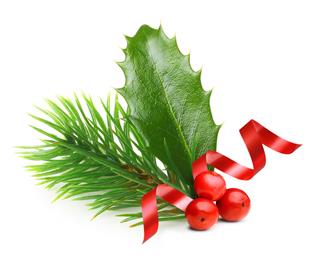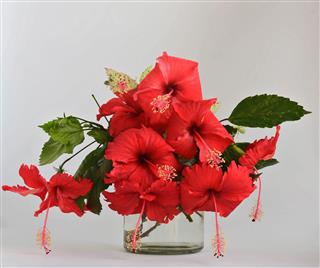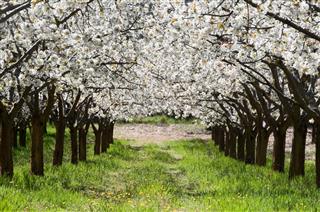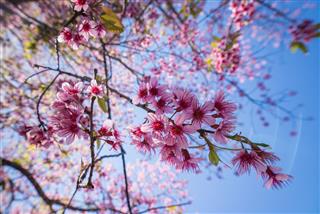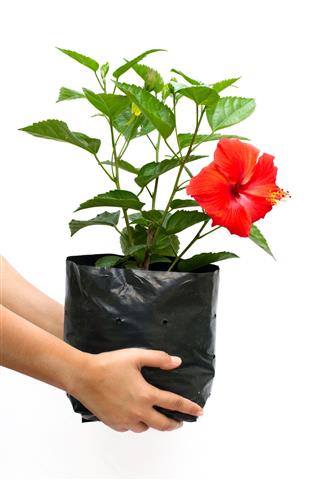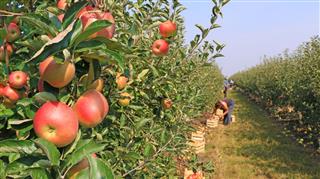
Many people contract allergies from flowers, which are generally caused due to pollens. You can avoid them by choosing the right flowers. We give you a list of the most hypoallergenic plants that might help you stay around with their freshness and fragrance, without the fear of allergies.
Tip
Keep spraying or washing the leaves of your plants, as even though hypoallergenic plants won’t affect you, but the dust that settles on them surely might!
Certain flowers have loose pollens that easily detach from them and float in the air. They can be so tiny that most of the time they aren’t visible. These pollens when inhaled cause allergic reactions like sneezing, nasal congestion, coughing, itchy and watery eyes, running nose, stomachache, and hay fever. Some flowers might also cause rashes, resulting in skin irritation.
There are many plants that don’t have pollens, and many others have separate species, where the male genus produces pollens, while the female genus doesn’t. To avoid these allergies, you have to make sure about which plants you choose to breed in your surroundings.
Hypoallergenic Flowers
None of the flowers are truly considered hypoallergenic, but there are some that rank the least at causing trouble to sensitive nose and skin. Studies say that flowers that allure bees and insects for pollens are generally colorful and hence, attractive. The brighter the color, the higher is the pollen count. However, there are many colorful flowers that are hypoallergenic, which you should be aware about.
Begonia

Family: Begoniaceae
Cactus

Family: Cactaceae
Chenille

Family: Euphorbiaceae
Clemantis

Family: Ranunculaceae
Columbines

Family: Ranunculaceae
Crocus

Family: Iridaceae
Daffodils

Family: Amaryllidaceae
Dusty Miller

Family: Asteraceae
Geranium

Family: Geraniaceae
Hosta

Family: Asparagaceae
Impatiens

Family: Balsaminaceae
Iris

Family: Iridaceae
Lily

Family: Liliaceae
Pansy

Family: Violaceae
Periwinkle

Family: Apocynaceae
Petunia

Family: Solanaceae
Phlox

Family: Solanaceae
Rose

Family: Rosaceae
Salvia

Family: Lamiaceae
Snapdragon

Family: Plantaginaceae
Thrift

Family: Plumbaginaceae
Tulip

Family: Liliaceae
Verbena

Family: Verbenaceae
Zinnia

Family: Asteraceae
Sunflower

Family: Asteraceae
Hypoallergenic Shrubs
If you are allergic to plants, remember that plants are not the only medium that will affect you. Shrubs make good colorful houseplants, but they need to be nurtured well. Dampness can cause hidden mold, which are harmful even for those people who aren’t sensitive to allergens/pollens.
Boxwood

Family: Buxaceae
Azalea
Family: Ericaceae
Hibiscus

Family: Malvaceae
Hydrangea

Family: Hydrangeaceae
Viburnum

Family: Adoxaceae
Hypoallergenic Trees
Not just being confined to the house, if you love being around greenery and birds chirping in the morning, start by planting these trees. They are safe from allergies and you can enjoy the richness of freshly plucked fruits right from your backyard!
Apple

Family: Rosaceae
Cherry

Family: Rosaceae
Chinese fan palm (female)

Family: Arecaceae
Fern Pine (female)

Family: Podocarpaceae
Dogwood

Family: Cornaceae
English holly (female)

Family: Aquifoliaceae
Crepe Myrtle
Family: Lythraceae
Magnolia

Family: Magnoliaceae
Pear

Family: Rosaceae
Plum

Family: Rosaceae
Red Maple (female)

Family: Sapindaceae
We also want to warn you against the most allergenic plants that you should totally avoid! Chrysanthemums, daisies, chamomile, and goldenrod are some of the plants with the highest pollen count.
